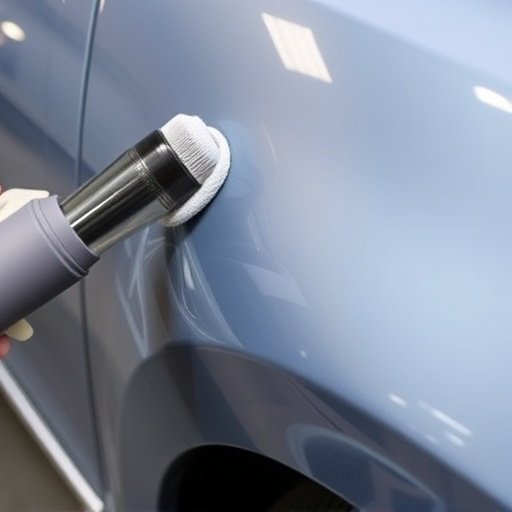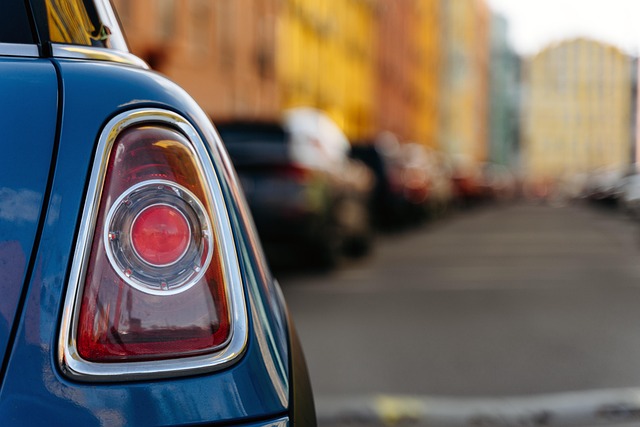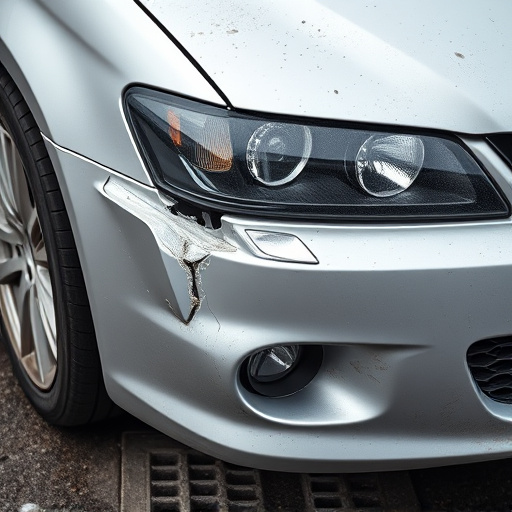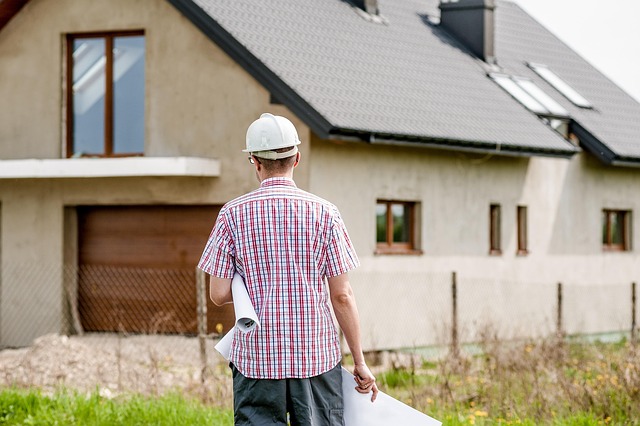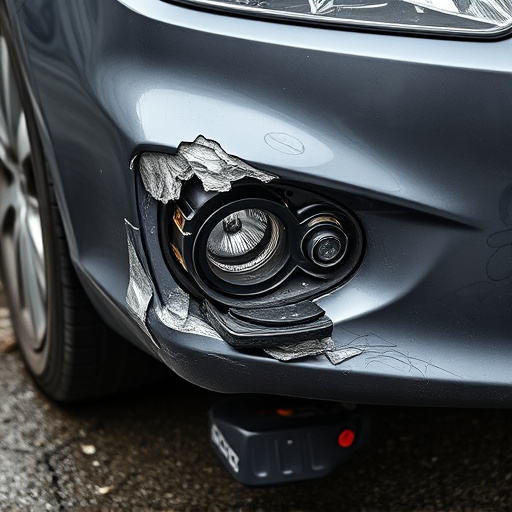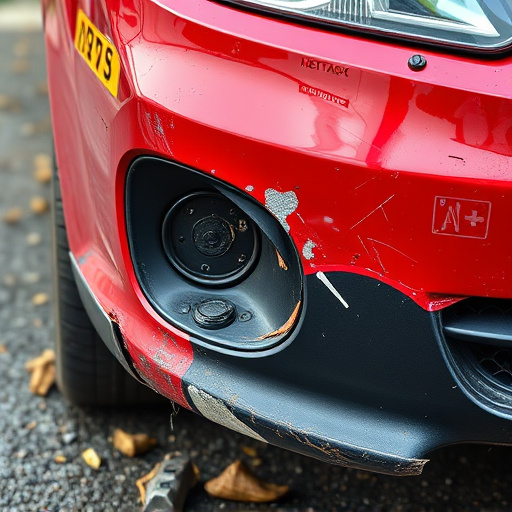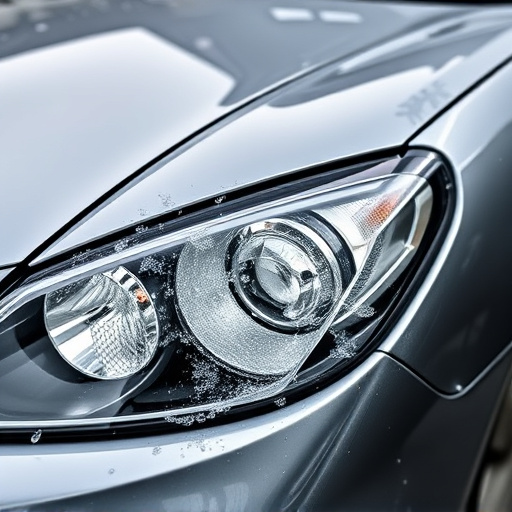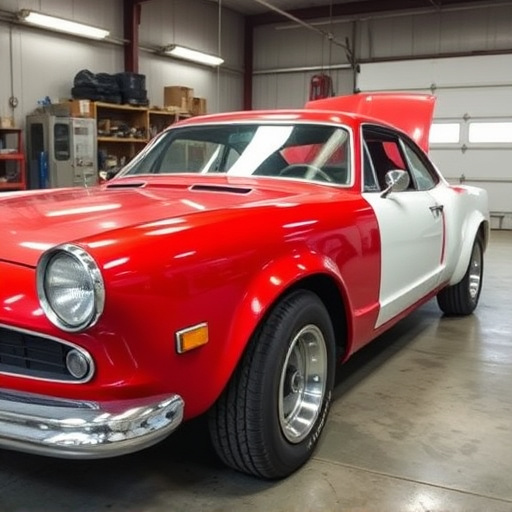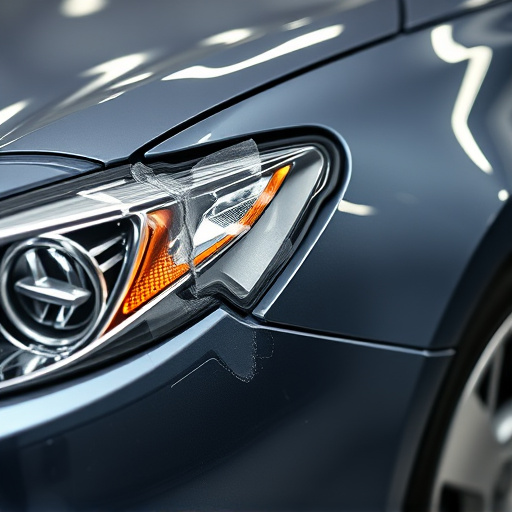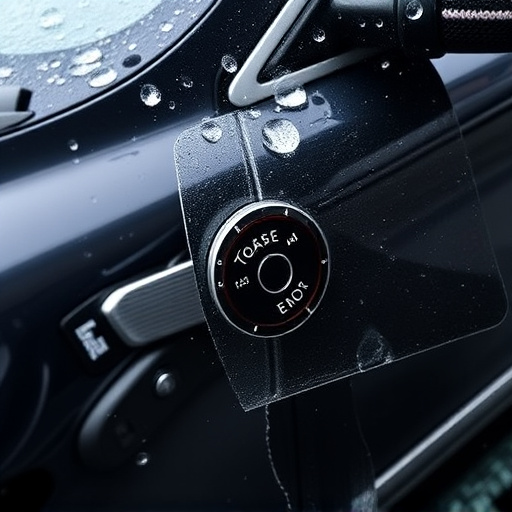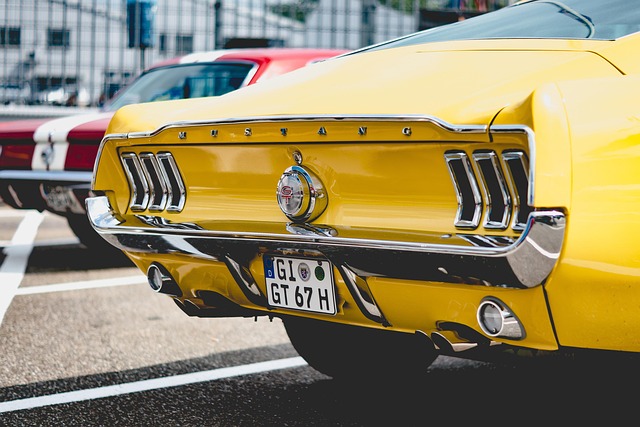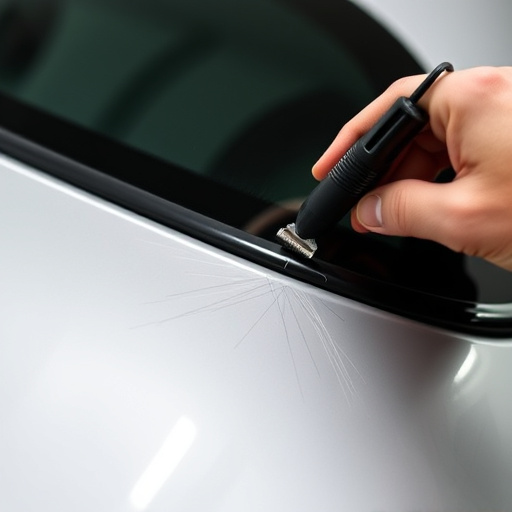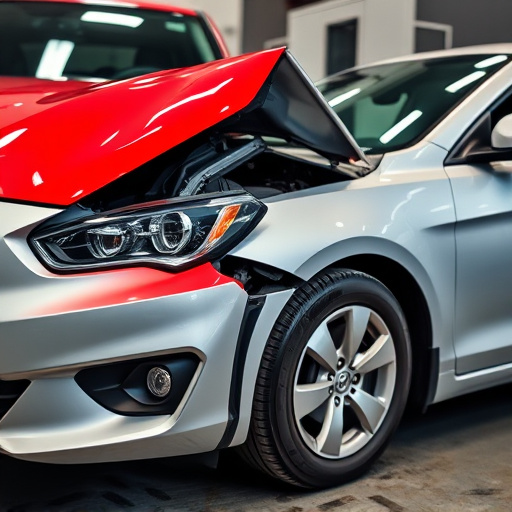Mercedes glass sensor calibration requires meticulous training for technicians to ensure safety and performance of advanced vehicle features. Adhering to Mercedes standards, proper training, and detailed adjustments guarantee accurate sensor response, vital for collision damage repair and customer satisfaction. Skilled technicians are key to achieving flawless results in body shops, maintaining reputation for precision repairs.
In the realm of precision engineering, accurate Mercedes glass sensor calibration is paramount. This article delves into the critical role of technician training in achieving meticulous sensor performance. We explore the fundamentals of Mercedes glass sensor calibration, highlighting why it’s an essential process for ensuring optimal vehicle systems. By examining technician training as a cornerstone, we uncover how skilled professionals contribute to maintaining high standards, ultimately enhancing safety and reliability across Mercedes models.
- Understanding Glass Sensor Calibration Essentials
- Technician Training: A Cornerstone for Precision
- Mercedes Standards: Ensuring Optimal Performance
Understanding Glass Sensor Calibration Essentials

Glass sensor calibration is a critical process that ensures the precision and reliability of sensors in modern vehicles, particularly those equipped with advanced safety features like Mercedes’ innovative systems. It involves meticulously adjusting and testing sensors to ensure they provide accurate data, which is essential for optimal vehicle performance and safety.
Proper calibration guarantees that sensors accurately detect and respond to changes in the vehicle’s environment, such as temperature, pressure, and movement. In the context of Mercedes glass sensor calibration, technicians must have a deep understanding of the specific sensor types used in these luxury vehicles. This includes learning how to interpret data, identify anomalies, and make precise adjustments to maintain or restore optimal sensor performance. Effective training equips technicians with the skills needed for accurate vehicle body repair and collision damage repair, ensuring that sensors function seamlessly alongside the vehicle’s other systems.
Technician Training: A Cornerstone for Precision

Technician training plays a pivotal role in achieving precision during Mercedes glass sensor calibration, which is an intricate process that demands meticulous attention to detail. Skilled technicians are the backbone of any car repair shop or vehicle restoration centre, especially when dealing with sensitive components like glass sensors. These sensors are crucial for modern vehicles’ safety systems and performance monitoring.
Comprehensive training equips technicians with the knowledge and practical skills to navigate the complexities of glass sensor calibration. It involves learning advanced diagnostic techniques, understanding sensor functionality, and mastering the art of adjusting and calibrating these devices accurately. With proper training, technicians can ensure that sensors function optimally, contributing to enhanced vehicle safety and performance during frame straightening or any other restoration process.
Mercedes Standards: Ensuring Optimal Performance

Mercedes Standards play a pivotal role in ensuring optimal performance when it comes to glass sensor calibration within automotive body shops and collision repair shops. Adhering to these standards is more than just a best practice; it’s a guarantee of precision and quality. In the realm of Mercedes glass sensor calibration, attention to detail is paramount. Technicians must be trained to meticulously follow guidelines that mirror Mercedes’ stringent requirements, ensuring each sensor is accurately calibrated for flawless performance.
This meticulous approach translates directly into superior results for car damage repair customers. By maintaining these standards, automotive body shops and collision repair shops can offer restored vehicles with not just visually impeccable glass but also safe, reliable, and accurate sensor functionality. This ensures driver confidence and peace of mind on the road, reinforcing the reputation of the shop as a leader in precision repairs.
Mercedes glass sensor calibration requires a meticulous understanding and consistent application of technical skills. Technician training plays a pivotal role in ensuring accurate and reliable results, aligning with Mercedes standards for optimal sensor performance. By investing in comprehensive training programs, organizations can empower their technicians to deliver precise calibrations, thereby enhancing the overall efficiency and integrity of their operations.
